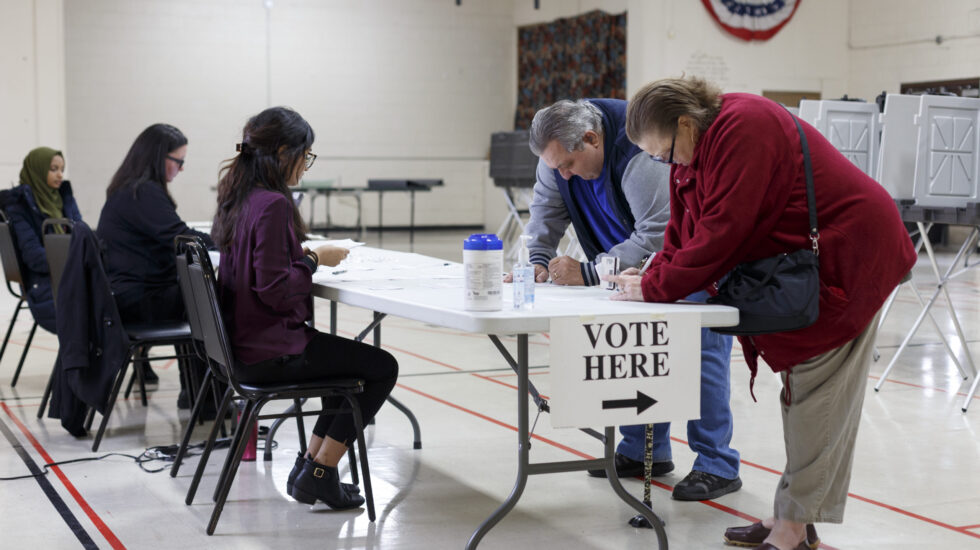The pollsters got it wrong.
An expert panel assembled by the American Association for Public Opinion Research found that surveys ahead of the 2020 presidential election were the most inaccurate in four decades. Polls overstated Joe Biden’s advantage by an average of 3.9 percentage points – three times the misrepresentation of Hilary Clinton’s edge in the 2016 race. (Of course, Biden won while Clinton lost).
The panel – led by Joshua D. Clinton, an academic at Vanderbilt University – found that both online and telephone polls came up short. Professor Clinton said down ballot races at the Congressional and state level also overstated Democratic support. The Wall Street Journal reports that “polls on average were too favorable to Democrats by 6 points in 2020 Senate and governors’ races in the final two weeks of the campaign.”
The panel suggested that Trump supporters were simply disinclined to share their perspectives with pollsters. More from The Wall Street Journal:
The panel said one possibility was that Democrats were more willing to answer polls than were Republicans. Alternatively, Republicans who were willing to talk to pollsters might have been those most open to supporting Mr. Biden, while Republicans who declined to be polled may have been more supportive of Mr. Trump. If the latter possibility were the case, then merely increasing the number of Republicans in a survey wouldn’t solve the accuracy problem.
Another possibility is that Mr. Trump in 2020 brought a set of new voters, unaffiliated with either party, to the polls, and that these voters turned away from taking surveys due to Mr. Trump’s criticism of polling.
Dan Merkle, executive director of elections at ABC News, told The Wall Street Journal that Trump has a unique impact on polling. When the former president wasn’t on the ballot – for the 2018 midterms or the runoff Senate election in Georgia, for example – the polling reflected reality much more closely.
The unusual nature of the 2020 election may have also contributed to the polling industries shortcomings; there was more early and mail-in voting than ever before and people working from home may have been over-sampled because they were easier to reach.



